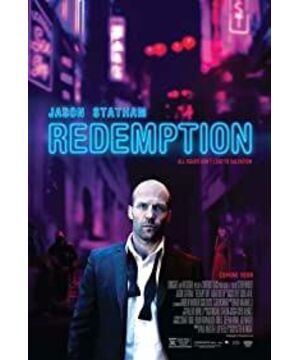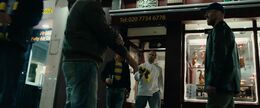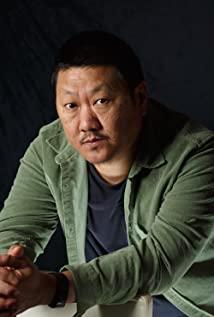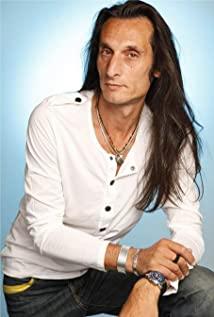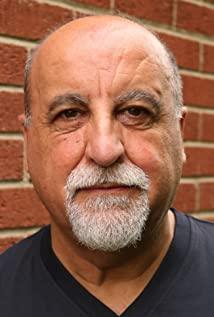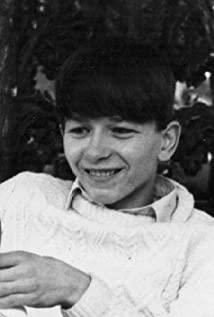From Dirty Pretty Things in 2002, Amazing Grace in 2006, to Cronenberg's Eastern Promises in 2007, in 2013, he began to write and direct Locke and Hummingbird, and the TV series Peaky Blinders. The screenwriter always sets POV on small people who are suffering from embarrassment at the bottom of society. The focus of the lens is always human traffickers, gangs (mainstream suppliers of human traffickers), abolitionist slaves (primitive human traffickers), prostitutes (market segmentation of human traffickers), Selling human organs... Obviously, pure leftist realism can be literary (as everyone knows Jia Zhangke), but it is not powerful enough, and there is no market and no business. Steven Knight’s method is very simple, interspersed with the life of the tall characters in the eyes of POV, to form a strong contrast, and at the same time create plot tension and suspense. In this way, the intensity of literature and art has increased, and the commercial suspense has also emerged. "Be regarded as a masterpiece.
Whether as a soldier or a street fugitive, the protagonist of the film, Joey, a lunatic, is at the bottom of society. He inexplicably gets into the home of a rich man who has been vacant for several months. Kim Ki-duk's "Empty Room" is staged. It began to describe the life of the rich from the side of the various things in the room. After the shocking appearance of extreme contrast, realism unfolded layer by layer... Tramps, churches, landlords, restaurant owners, gangsters, horses, prostitutes, drug dealers, prostitutes, Russian bustards, human traffickers... Endlessly, back to the extreme contrast: the idol ballet star of the nun, the murderer who abused the prostitute (should be a stockbroker), the real owner of Joey’s house, and... the military (don’t forget the big boss), all All appear at the end of the article.
The stance of the left is self-evident, and the wounds are fiercely opened for others to see. At the same time, gangs, actions and suspense of conspiracies have made business, but art is not enough. No problem, intersperse the madman Joey's personal emotions: Elizabeth, a wandering partner; a wife and a child; a confidant nun; and five enemies killed for revenge for a comrade (the victims of time-consuming protection belong to this category); hallucinations ; Alcoholism... Coupled with the nun’s emotional line and the long shots of self-reporting memories, the literary fan came up and closed.
I don't know whether the bottom of the society in Jia Zhangke's Xiaowu and the Three Gorges Good People are exaggerated, let alone whether Steven Knight's story exaggerates the reality of the bottom of Western society. But I can feel that even if it's not as overwhelming as the media is eager to talk about things, at least in the real bottom, the witnesses have deeper and more suffering than Joey's loss of Isabella and the nun's childhood sexual assault.
I can only say that literature and art are too shallow for real reality. Business, for real reality, is too much.
In the real reality, far from the rich will call the police when they see an illegal trespasser, they may not dare to call the police at all.
In the real reality, suspense is not that complicated, because the poor can either see the truth at a glance, or they will never enter the rules of the game for the rich.
In real reality, there is no need for a conspiracy to be so treacherous, because the rich are either naked and robbing, or don’t need to talk nonsense with the mobs, just sit and wait until you figure it out.
In real reality, there is no hero like Jason Statham. More are "good people" who are incompetent or even ignorant.
Because in real reality, gods hang high above their heads like hummingbirds. They warn us that we can’t stop the threats we are faced with by slogans and angry slogans, because our enemy is actually ourselves.
View more about Redemption reviews


